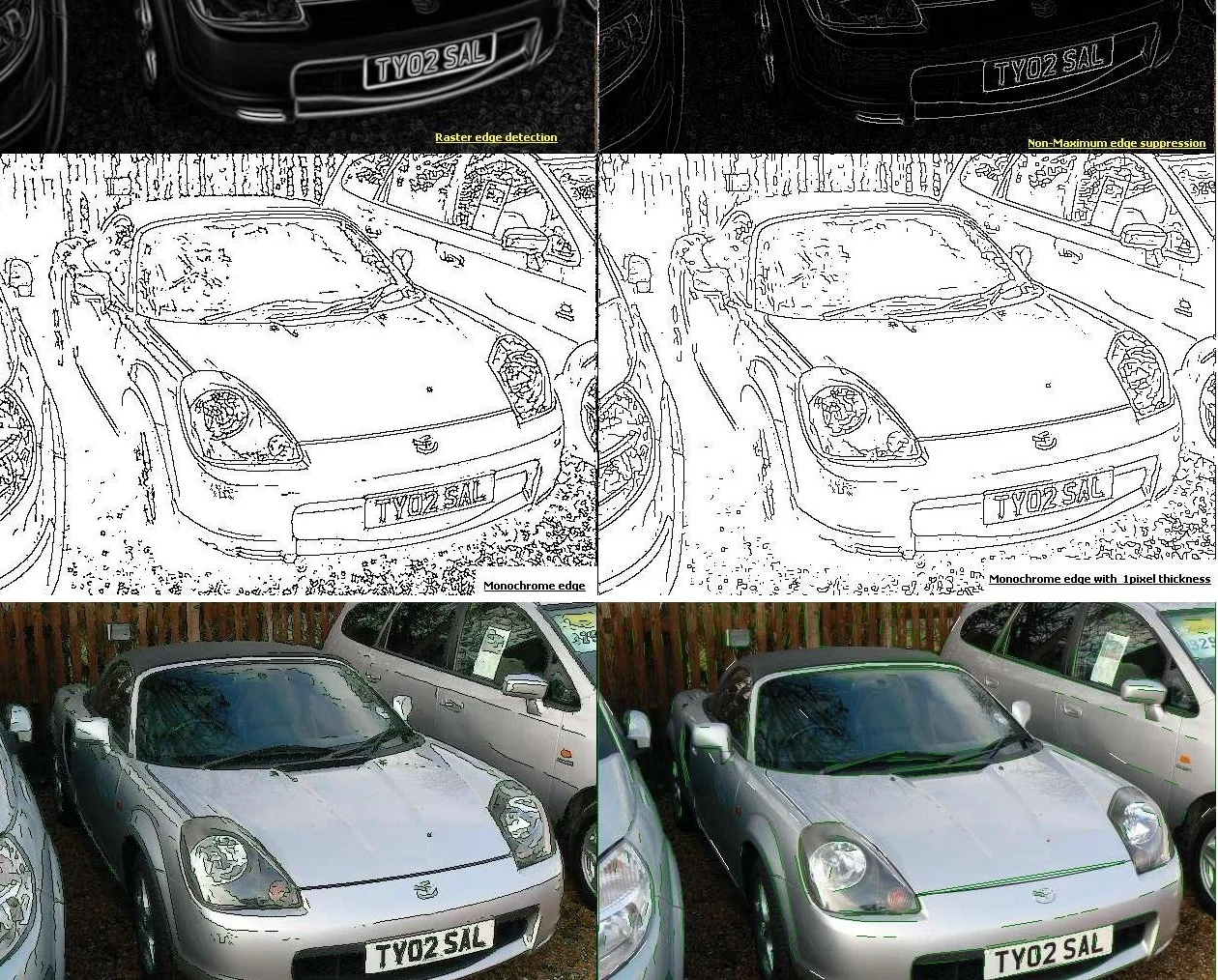More analysis of the recently completed Supreme Court term, this time on WESA's The Confluence.
Read MoreWe're holding off on the launch of season 7 so we can squeeze in a few more bonus episodes on recent and developing news stories. Today: analysis of the just-concluded U.S. Supreme Court session.
Read MoreThe Supreme Court affirms the longstanding "dual sovereignty" doctrine, which skirts the Fifth Amendment's Double Jeopardy Clause by distinguishing between state and federal cases.
Read MoreAs we wrap up season 6 and pause for a quick summer break, some exciting news: Criminal Injustice returns in July as part of the Pittsburgh-based Postindustrial Media network. It's the first of several big changes you'll be hearing in the months ahead, and producer Josh Raulerson is in studio to help unpack the agenda.
We leave you with Dave's May 8 appearance on 90.5 WESA's The Confluence, discussing a recent federal court ruling on the right of prisoners to receive treatment for opioid addiction.
Read MoreA federal judge says Seattle's new contract with police puts the city out of compliance with a 2012 consent that was supposed to make officers more accountable for use of force. We'll be watching this one closely.
Read More$17 million in new grants from the Laura and John Arnold Foundation seek to refocus attention on an area of criminal justice reform that's been largely overlooked in the push to end mass incarceration: conditions inside prisons.
Read MoreA dystopian scene in London, where police are deploying facial recognition cameras on streets and issuing citations to passersby who don't consent to be scanned. Is this our future?
Read MoreHundreds of former federal prosecutors are now on record that -- but for the Justice Department's policy against prosecuting sitting presidents -- the Mueller report contains ample evidence to bring obstruction charges against Donald Trump.
Read MoreA federal court ruling on the practice of marking tires with chalk to enforce parking ordinances delivers an unexpected reinterpretation of the Fourth Amendment.
Read MoreUsing ubiquitous traffic cameras that can read license plate numbers, cities are building automated surveillance networks that indiscriminately scoop up data on the movements of individual vehicles. When an Automatic License Plate Reader (ALPR) system sees a plate that matches one in a police database, officers are dispatched -- sometimes with guns drawn. These systems have shockingly high error rates. What could possibly go wrong?
Read MoreWhere does U.S. Attorney General Bill Barr get off ordering immigration judges around? Turns out many federal officials commonly referred to as "judges" -- those appointed under Article I -- are actually employed by and accountable to federal agencies (in this case, the Justice Department).
Read MoreNow that a redacted version of the full Mueller report is out, how do its contents stack up against initial reaction to A.G. Bill Barr's four-page summary? Strap in, there's a lot to cover.
Read MoreThe City of Pittsburgh made national news by passing gun control legislation that's all but certain to trigger lawsuits under a state law that bars municipalities from regulating firearm ownership locally. Will it hold up in court?
Read MoreTwo very different views on how and when to prosecute financial fraudsters and corporate criminals: Former U.S. Attorney Preet Bharara says plausible deniability makes it all but impossible to go after high-level executives like those who caused the 2008 housing collapse and ensuing crises. Others, like journalist Jesse Eisinger and Bharara’s own SDNY predecessor (one James Comey), say effective deterrence means taking on tough cases even when there’s a risk of losing.
Read MoreReaction was swift and intense when news broke that special counsel Robert Mueller had concluded his investigation into alleged Russian interference in the 2016 presidential election. While Donald Trump takes a victory lap, both his opponents and his supporters are leaping to conclusions based on a four-page summary issued by AG William Barr. But until Mueller's full report is released, there's simply not enough information to properly characterize the investigation's outcome.
Read MoreTo mark the 100th episode of Criminal Injustice, Dave goes back to where the show began -- Pittsburgh's NPR station, 90.5 WESA -- for a chat with Kevin Gavin, host of WESA's The Confluence.
Read MoreAs discussed recently on Criminal Injustice, California may soon revisit the "reasonable objective officer" standard for use of force by police. The story caught the attention of NPR's Martin Kaste, who called Dave up to ask how that would work. Their conversation turned into a March 12 story on All Things Considered. Hear their full, unedited interview here.
Read More
Michael Rosfeld, the former East Pittsburgh police officer seen on video shooting 17-year-old Antwon Rose in the back as he runs away, has been found not guilty of the unarmed teen's murder. While Friday's verdict angered many and surprised some, it's only the latest in a long string of cases demonstrating the near-impossibility, under current statute and case law, of successfully prosecuting police officers for homicide.
Far from the most sordid detail of the R. Kelly case, but pretty messed up: Kelly's (apparently terminally ill) former defense attorney now says the singer was "guilty as hell" on child porn charges.
Read More












![Bonus: [REDACTED]](https://images.squarespace-cdn.com/content/v1/56c38a51b09f955575e21a21/1556063472766-NDBPMDHH2Y3UUYDNS824/Screen+Shot+2019-04-23+at+7.46.16+PM+%282%29.png)






